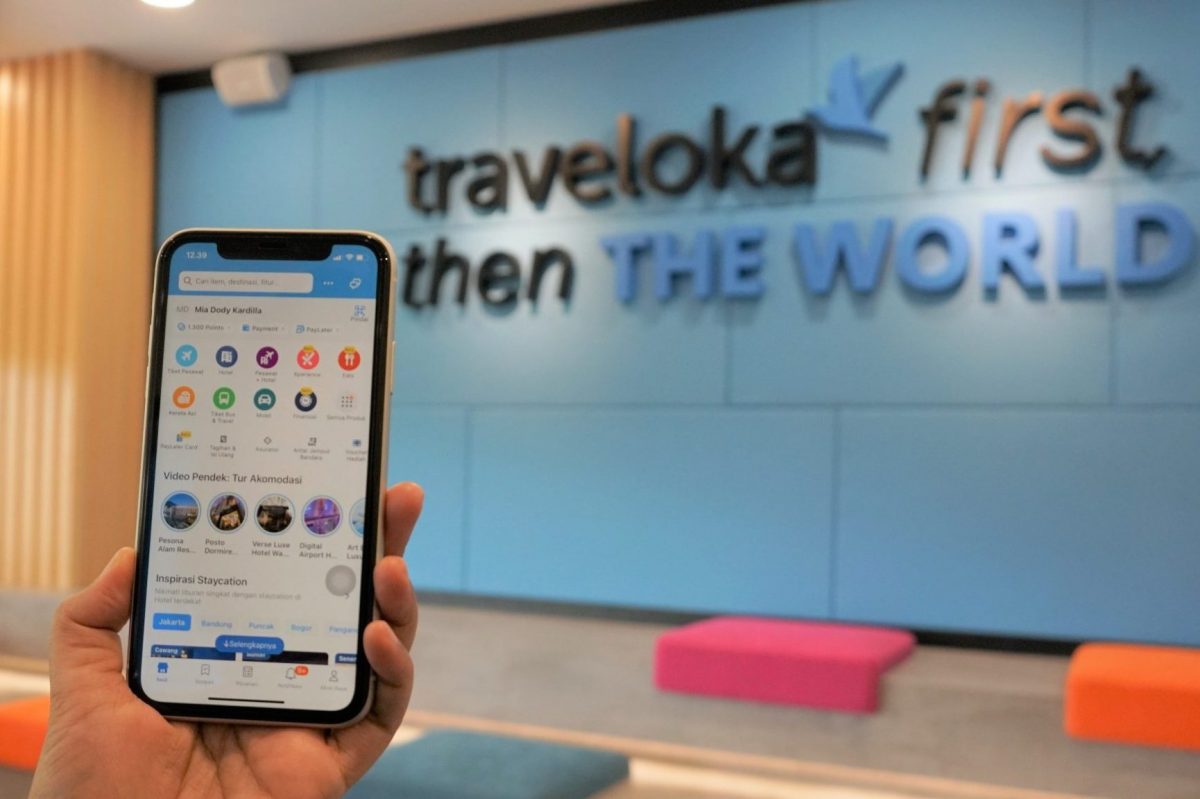Indonesia's Traveloka Looks to Raise Over $200 Million

Skift Take
After plans earlier last year to go public through a special acquisition company (SPAC) fizzled, Indonesia’s Traveloka is said to be in talks for another funding round of more than $200 million. The online travel unicorn has so far raised a total of $1.2 billion in funding across six rounds, the latest being the $250 million led by Qatar Investment Authority in July 2020.
“Unfortunately, we cannot comment on market speculation,” said a source from Traveloka while responding to Skift’s query on the funding news.
Traveloka is undoubtedly the most popular and biggest online travel agency in Indonesia with a market share of 43 percent. The travel unicorn, along with Agoda and Booking.com, also dominates the online travel agency industry in Singapore, Thailand and Malaysia, according to a Skift Research in 2021.
The company has built itself in recent years from a pure tech operation into a wider services company, through a series of acquisitions, including most recently into financial tech. It remains primarily rooted in e-commerce, with a focus still on travel. This funding will certainly help it grow those businesses and its valuation, to keep it positioned for an IPO should that become an attractive option again.
As for the new funding, Investment management agency BlackRock and the Indonesia Investment Authority, a newly-formed sovereign wealth fund owned by the Indonesian government, is in talks to enter this round of funding, reports suggest.
BlackRock and Indonesia Investment Authority are y

